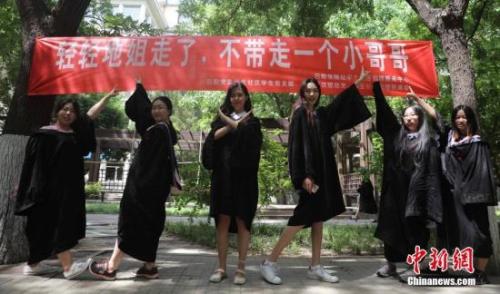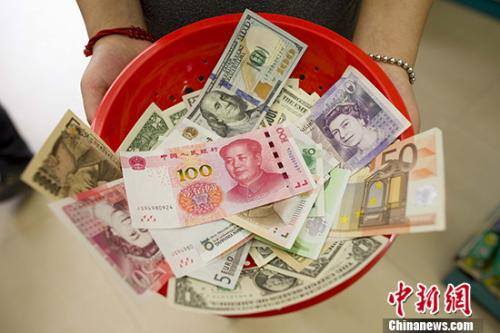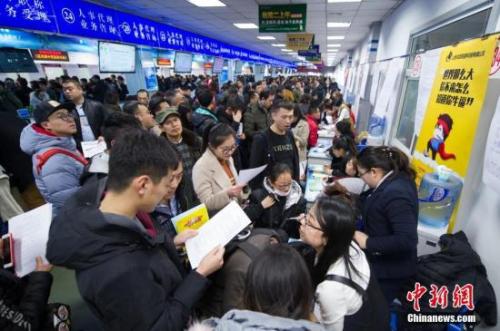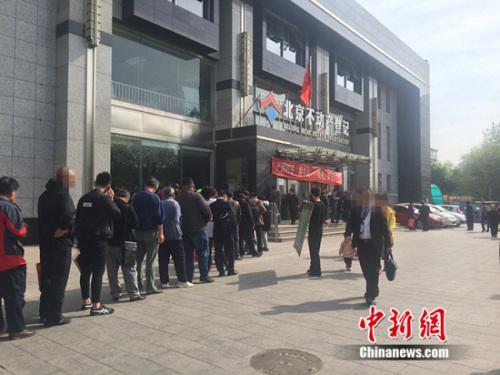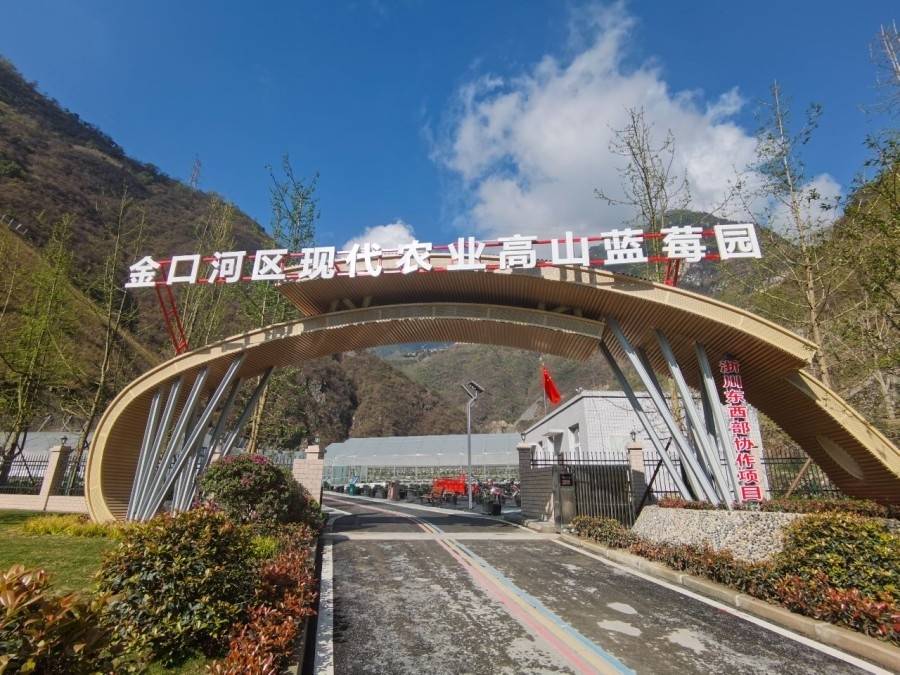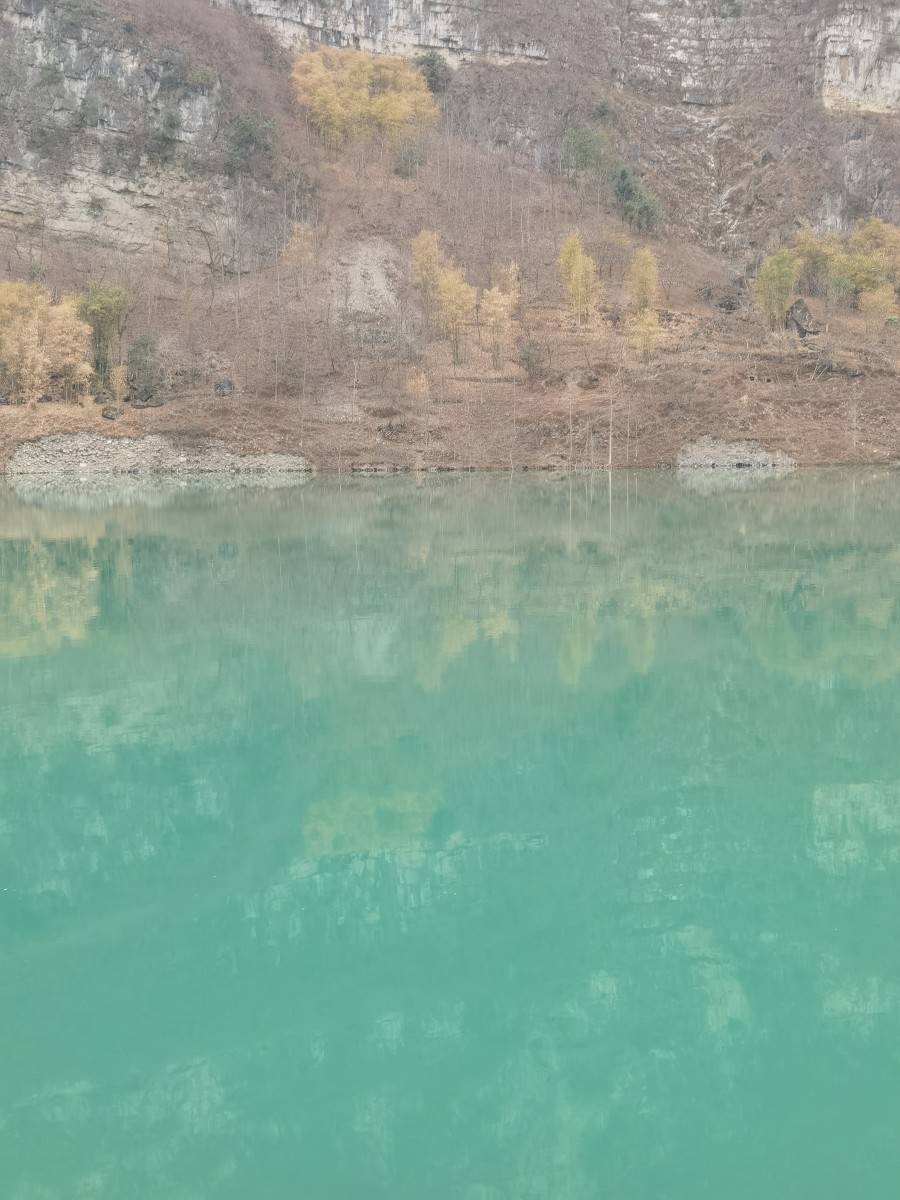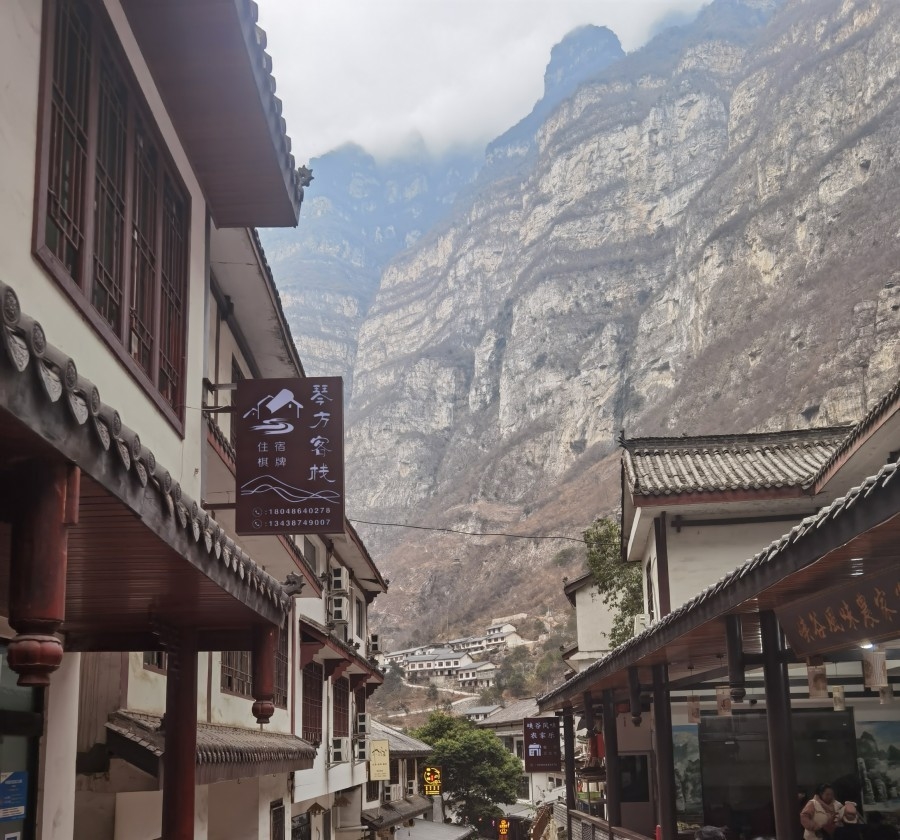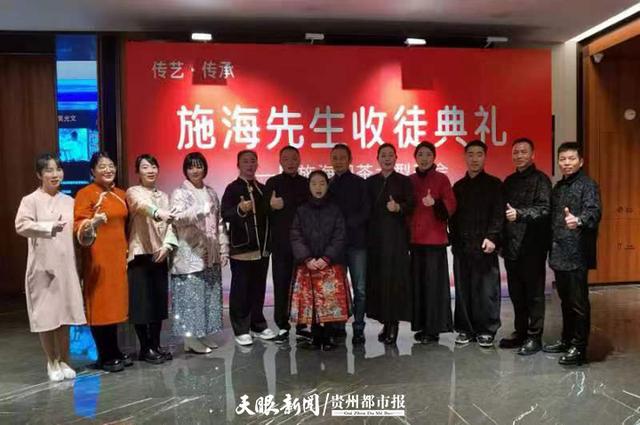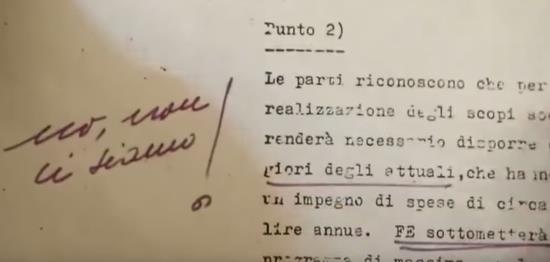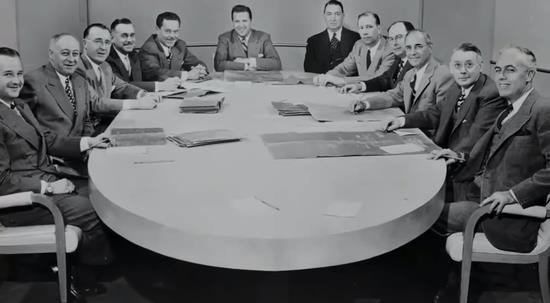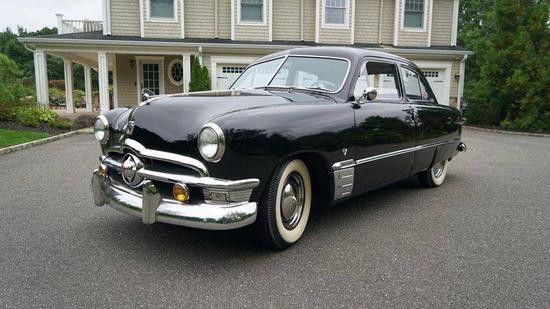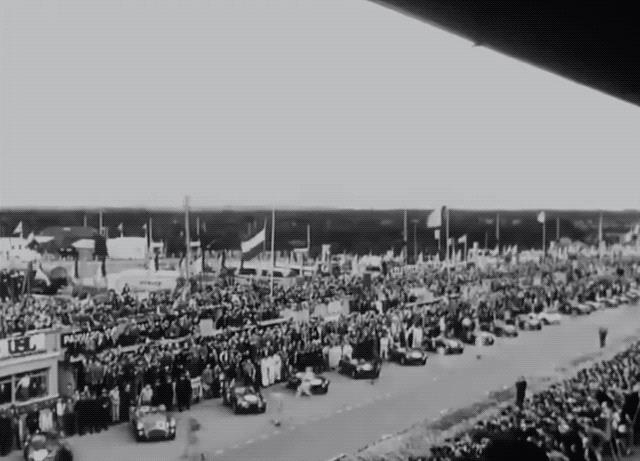Up to the September 18th Incident, the Japanese army leaders started from Yamagata Aritomo and went through Uehara Bravo to Tanaka Yoshiichi. Although they were all representatives of militarism and militarism, they all remained at the level of personal work with serious personal characteristics. Around 1923, the "two-leaf meeting" organized by Tieshan Nagata and Okamura Ningji, and later the "Obsidian meeting" organized by Zhenyi Suzuki and Guaner Ishihara merged to form the "one-night meeting". After occupying the mainstream position of the Japanese army around the September 18th Incident, the personal characteristics of the leaders were erased and replaced by a collection with common thoughts and ideals, which was called "Showa Warlord".
The September 18th Incident in 1931 was a very important event. The so-called "Showa Warlords" appeared to prepare for the September 18th Incident. In turn, the preparations for this incident and the aftermath of the incident also completed the organizational work, established the direction of action and laid a psychological foundation for the Showa Warlords. After the September 18th Incident, the Japanese Army was no longer under the control of one individual, and any change of one individual could not change the behavior of the Japanese Army.
This way of behavior is to use force to expand outward, and the September 18th incident was the first step of this expansion. However, after the success of the first step, the Showa warlords had contradictions in the direction of continuing to expand, and a large-scale bloody conflict occurred, which eventually led to division. This conflict and division was the February 26th incident in 1936.
The February 26th incident is a comprehensive reflection of the fierce contradictions in Japanese society and the power struggle around the next action goal of the Japanese army after the September 18th incident.
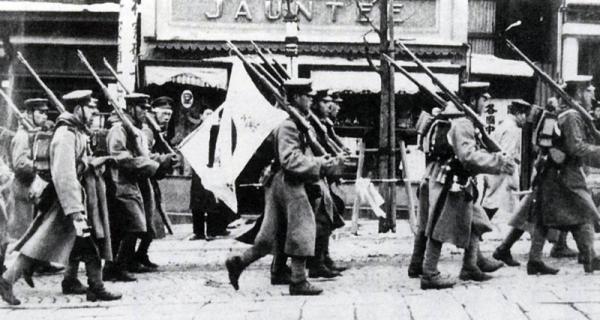
226 coup
The Origin of "Control School" and "Imperial School"
After the "September 18th" event, Sadao Araki Night of barren hills Tawei station Wild Bodyguard Red Dead Redemption Wild Pursuit Solitary in wilderness Wilderness survival Into The Wild Hunting in wilderness Steppenwolf Brilliant green Royal Prime Minister’s Palace Emperor Waltz Hwang Bo Hye Jung The name of Huang Fu Splendid palace Pearls on the Crown Royal Albert Hall Royal Ontario Museum, Makazaki Kozaburo and Hayashi Mishiro, who were "three generals who were not in Changzhou", took the place of Yuyuan Pai valve to serve as the head of the army. However, these three generals were not incompetent, not marionettes controlled by the event, but vaguely formed a new school valve headed by Araki and Saga in the army, which was not the original purpose of the event.
Sadao Araki Night of barren hills Tawei station Wild Bodyguard Red Dead Redemption Wild Pursuit Solitary in wilderness Wilderness survival Into The Wild Hunting in wilderness Steppenwolf Brilliant green Royal Prime Minister’s Palace Emperor Waltz Hwang Bo Hye Jung The name of Huang Fu Splendid palace Pearls on the Crown Royal Albert Hall Royal Ontario Museum has been engaged in Soviet Russia for a long time, participated in the Siberian expedition and served as a military attache in Soviet Russia, so he paid special attention to Soviet Russia. In his view, World War I between Japan and Russia was inevitable, and the time should be around 1936. The reason is that after the completion of the second five-year plan for the national economy implemented by the Soviet Union from 1933 to 1937, the national strength will increase greatly, which will pose a great threat to Manchukuo. At that time, Yamagata Aritomo, a veteran of the Japanese Army, made up his mind to wage the Russo-Japanese War only after seeing the threat that the upcoming Siberian Railway would pose to Japan. Therefore, Japan should prepare for the war against the Soviet Union before the threat of the Soviet Union actually took shape, and this time should be around 1936. This is the "Crisis Theory of 1936", one of the leading figures in the "Three Heroes of baden-baden", because Kojiro Kobayashi was a military attache in the Soviet Union.
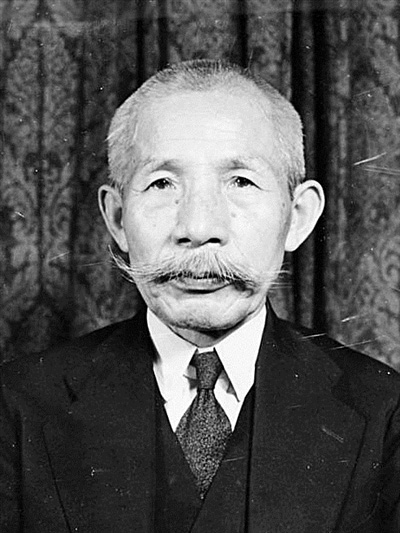
Araki Sadao
However, Tieshan Nagata, who served as a military attache in Germany in the First World War and witnessed Germany’s defeat, did not think so. In his eyes, "World War I" was a total battle, testing the country’s national strength and depth, while Japan’s national strength and depth were not enough to support a big war. If Japan really wants to win and survive in the future war, it needs to further expand into China to gain resources and strategic depth, in addition to stabilizing Manchuria, which it has already acquired.
In this way, the two leaders who controlled the Showa warlord’s one-night party, Nagata Tieshan and Kobayashi, parted ways and divided into two factions which were later called the "control faction" and the "imperial faction". The first reason for the split was the question of "going south" or "going north", which was different from the goal of going south in the dispute of "going south and going north" rekindled ten years later.
The two factions are consistent in the general direction.
Okamura Ningji regretted many times after the war that "why not stay on the Tanggu Agreement on May 31, 1933". In fact, in the middle of April to early May before the Tanggu Agreement, at the four "provincial summit meetings" jointly held by the army, the province and the chiefs of staff, the cracks between the imperial clique and the control clique were already made public. Maybe it’s because Okamura Ningji didn’t attend these meetings when he was the deputy chief of staff of the Kwantung Army. He didn’t know the starting point of the split between Nagata Tieshan and Kojiro, but he should know about these disputes in China as far as the position of Okamura is concerned, so his feeling is a little puzzling.
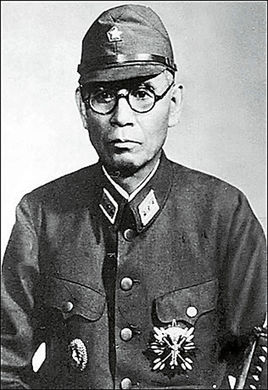
Okamura Ningji
During the Japanese defeat, many files were burned, including the records of the four provincial and ministerial summits, so it is uncertain whether these disputes really happened, only the memories of Sadao Araki Night of barren hills Tawei station Wild Bodyguard Red Dead Redemption Wild Pursuit Solitary in wilderness Wilderness survival Into The Wild Hunting in wilderness Steppenwolf Brilliant green Royal Prime Minister’s Palace Emperor Waltz Hwang Bo Hye Jung The name of Huang Fu Splendid palace Pearls on the Crown Royal Albert Hall Royal Ontario Museum after the war are taken as an isolated evidence. However, the "Outline of Fundamental National Policy and Countermeasures" made by the Intelligence Department of the General Staff Headquarters on May 2, 1933 did analyze the changes of the Soviet Union’s national strength, and also pointed out the achievements and future of the construction of "Manchukuo". It was believed that the war against the Soviet Union could still be carried out even after the completion of the second five-year plan of the Soviet Union and Russia, or rather it was more in Japan’s interest to postpone the use of troops against the Soviet Union. Considering that Nagata Tieshan was the intelligence minister of the General Staff Headquarters at that time, it can be believed that there was a dispute at the provincial summit, and this document should be used at these meetings.
There is a little difference between the two parties’ China policies. Sadao Araki Night of barren hills Tawei station Wild Bodyguard Red Dead Redemption Wild Pursuit Solitary in wilderness Wilderness survival Into The Wild Hunting in wilderness Steppenwolf Brilliant green Royal Prime Minister’s Palace Emperor Waltz Hwang Bo Hye Jung The name of Huang Fu Splendid palace Pearls on the Crown Royal Albert Hall Royal Ontario Museum and Kobayashi maintain that as a supplement to Soviet defense, they should establish goodwill and peace with China. The contents of this so-called "goodwill and peace with China" are: adjusting-China economic relations, prompting the Japanese government to turn its policy toward Japan, setting up a wider range of pro-Japanese areas, and cultivating pro-Japanese elements with separatist tendencies. And Nagata Tieshan advocated "breaking verbally attack’s attitude towards anti-Japanese and boycotting Japanese goods". Although there is no difference in essence, the iron and blood flavor brought by the toughness of Nagata Tieshan’s words is impressive.
On the policy towards Britain and the United States, Nagata Tieshan believes that the economic aggression of the United States against the Far East must be as thorough as that of the Soviet Union and Russia, but the war against the United States must be carried out after the war against the Soviet Union, and before that, we should try our best to make the United States remain neutral; On the other hand, Sadao Araki Night of barren hills Tawei station Wild Bodyguard Red Dead Redemption Wild Pursuit Solitary in wilderness Wilderness survival Into The Wild Hunting in wilderness Steppenwolf Brilliant green Royal Prime Minister’s Palace Emperor Waltz Hwang Bo Hye Jung The name of Huang Fu Splendid palace Pearls on the Crown Royal Albert Hall Royal Ontario Museum and Kobayashi believe that it is necessary to maintain friendly relations with Britain and the United States in addition to fighting back when Japan’s mainland policy is interfered by the United States.
To sum up, in fact, apart from some words and time limits, there is no substantial difference between the imperial school and the control school in the most important policy toward the Soviet Union, China and Britain and the United States, but these small differences have finally developed to the point of fighting each other.
Why "control"
In addition to the "control faction" in general, in fact, the control faction has a very definite organization, mainly around tojo hideki, Imamura Jun, Wu Tengzhang, Fuyong Gongji, Yamashita, Sadaaki Kagesa, Ikeda Junjiu, Sifang Yuji and Hotan of Yongtian Tieshan, plus these ten rank officers and major generals, plus Katakura, Makita, Xipujin, . These junior officers were under the command of Wu Tengzhang, the boss of Katakura, and after Katakura entered the Military Affairs Bureau of the Army Province, they were directly under the command of the Military Affairs Director Nagata Tieshan.
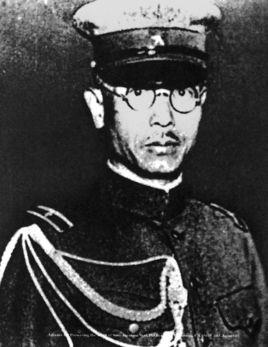
Nagata Tieshan is regarded as the leader of the control faction.
A common feature of these 24 core members of the control faction is that all of them are elite staff officers who graduated from army universities. They are called "control faction" because they were deeply impressed by the great leap forward in national strength brought about by state control in Germany and the Soviet Union at that time. On May 22, 1933, Nagata Tieshan clearly pointed out in a personally drafted document entitled "Control of National Army and Opening of National Policy": "The urgent task at present is to accomplish the task of saving the country, and the military department must achieve complete control by itself."
Why control? Because there is a "lack of control" in the army, that is, the influence of the "national reform movement" spreading among some junior officers. At that time, Japan looked very glamorous-one of the top five in the Old League of Nations won the Sino-Japanese War, Japan-Russia and World War I successively, won the Korean Peninsula and Taiwan Province in China, dismembered the northeast of China, inherited the German colony in the South Pacific, and completely became a member of the great powers-but the domestic class and social contradictions were very acute, and the gap between the rich and the poor was very serious. Contrary to the glamour on the surface, at the bottom, unstable emotions are fermenting.
The demands and actions of the imperial school
Different from the elite officers who graduated from Lu University and are destined to take charge of the army in the future, the junior officers who just graduated from the Army NCO School and can’t serve in the army for life have a better understanding of the reality at the bottom, and they are even more trying to change and realize the so-called "imperial reform". In their view, the emperor is enlightened, of course, because of the treacherous court official lurking on the edge of the monarch, corrupt bureaucrats and the rich who suck the marrow. Only under the leadership of the emperor can these cancers of the emperor be removed. This is the "national transformation movement" encouraged by the right-wing thinker North Ikki. The export of these junior officers is "Emperor" and "Imperial Kingdom", so they are called "Imperial Sect".
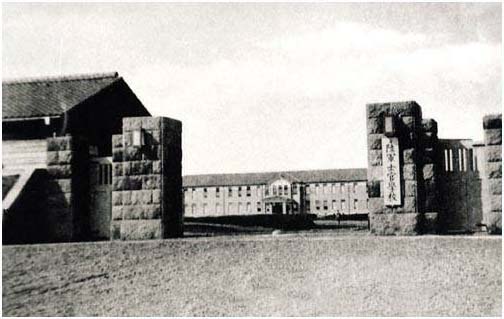
Army NCO school former site
Originally, these junior officers couldn’t get along with the "Imperial Sect" in the central army, such as Sadao Araki Night of barren hills Tawei station Wild Bodyguard Red Dead Redemption Wild Pursuit Solitary in wilderness Wilderness survival Into The Wild Hunting in wilderness Steppenwolf Brilliant green Royal Prime Minister’s Palace Emperor Waltz Hwang Bo Hye Jung The name of Huang Fu Splendid palace Pearls on the Crown Royal Albert Hall Royal Ontario Museum, Makazaki Kozaburo and Kobayashi, both in ideology and action strategy. However, in order to reverse their decline in the number of elite officers in the central army, Sadao Araki Night of barren hills Tawei station Wild Bodyguard Red Dead Redemption Wild Pursuit Solitary in wilderness Wilderness survival Into The Wild Hunting in wilderness Steppenwolf Brilliant green Royal Prime Minister’s Palace Emperor Waltz Hwang Bo Hye Jung The name of Huang Fu Splendid palace Pearls on the Crown Royal Albert Hall Royal Ontario Museum deliberately bowed down and approached the junior officers who advocated the national transformation movement, and even those junior officers could call Sadao Araki Night of barren hills Tawei station Wild Bodyguard Red Dead Redemption Wild Pursuit Solitary in wilderness Wilderness survival Into The Wild Hunting in wilderness Steppenwolf Brilliant green Royal Prime Minister’s Palace Emperor Waltz Hwang Bo Hye Jung The name of Huang Fu Splendid palace Pearls on the Crown Royal Albert Hall Royal Ontario Museum "Araki" regardless of their ranks.
The central figures of the Imperial Sect are Daisuke Oshima, Saburo Kanebo, Nomatsu Taiping, Kozo Rongichi, Takaji Murakami, Keizo Ando, Asaichi Ibaraki, An Xiu Kurihara and Kiyoda Kiyoshi. These junior officers of the army also got in touch with junior officers of the navy and civil right-wing organizations, which was related to a series of bloody assassinations in Japanese society at that time.
From assassination to mass coup.
In November, 1933, the junior officers of the rural poetry society had a contact with the elite officers of the control group, such as Tokibashi Yongyi, Wu Tengzhang, Ikeda Junjiu, and Katakura Sadako, in the Tsuneko Society of the Ninth Section of Tokyo, but there was a fierce argument, and finally the two factions broke up. Elite officers gave a clear answer to junior officers’ questions about "Are you going to crush us?" "Exactly." In this way, the two factions became incompatible, and junior officers were determined to strike first. Masaki Yuka’s dismissal in 1935 became the fuse of a series of events.
In April, 1935, the Director of Education of the Army, General Makazaki, gave an instruction against "the theory of imperial organs". However, in July, he was forcibly removed from office. Imperial officials regarded this as a direct attack by the control faction, and the "Nagata assassination incident" occurred.
On August 12th, Major-General Nagata Tieshan, the military affairs director of the Army Province, was hacked to death with a saber in his office by Saizawa Saburo, who originally belonged to the 41st Infantry Wing in Hiroshima and was now transferred to the 1st Infantry Wing in Taiwan Province. Nakazawa and Shinozaki have personal relationships and are considered to have imperial thoughts. Nagata Tieshan is regarded as the leader of the control faction, and he himself often publicly stated: "The Japanese army is a lion, and the imperial soldiers are parasites on the lion." So it was hated by the imperial soldiers.
But this murder has greatly weakened the already bad position of the Imperial Sect. On February 26th, 1936, junior officers such as Takaji Murakami, Keizo Ando, Asaichi Iwasaki and An Xiu Kurihara led 1,500 soldiers from the 3rd Infantry Wing, the 1st Infantry Wing, the 3rd Infantry Wing and the 7th Field Heavy Artillery Wing to carry out a coup, occupying the Prime Minister’s residence, the Metropolitan Police Department, the Interior Minister’s residence, the Army Ministry, the General Staff Headquarters, the Army Minister’s residence and Tokyo Asahi Shimbun. Attacked Prime Minister Kaijie Okada, Kantarō Suzuki’s aide-de-chamberlain, Minister Saito Shinichi, Minister Takahashi Nishida, Director of Army Education of Tantaro Watanabe and former Minister of the Interior of Makino Nobuaki, and killed Saito Shinichi, Takahashi Shinichi and Tantaro Watanabe. Kantarō Suzuki was seriously injured, and Okada Keisuke escaped, but his brother-in-law Matsuo Chuanzang was mistaken for the Prime Minister and killed. These people are regarded as "traitors" or "traitors" by the coup army. If they are removed, Japan can be saved.
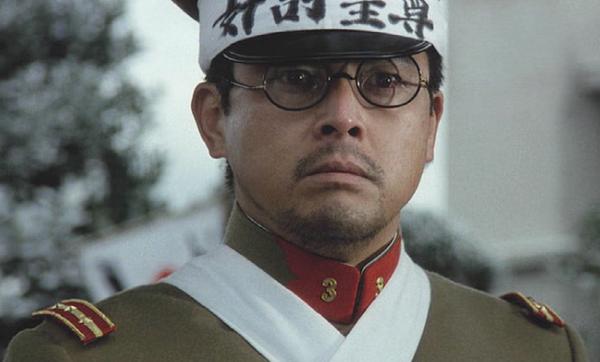
Tomokazu Miura plays Keizo Ando in the movie "226".
When talking about the reasons for the coup, Captain Sugabosaburo, who was later sentenced to five years’ imprisonment, said this: "The first reason is to move to Manchuria, and the second is to invade North China, which the aides of the Army Central Committee were considering at that time. This is of course a war, and it is difficult to come back alive. They (junior officers) are brave and capable frontline commanders, and most of them will die. Therefore, it is necessary to kill the culprit before moving to Manchuria, and not to reach out to North China. Now is not the time to make trouble with foreign countries. What is needed now is to reform the national government and stabilize the people’s lives. This is the motivation. "
The coup forces tried to convey their wishes to the emperor through the head of the army, who was also in chaos. On the first day, the communique issued by the army called the troops participating in the coup "dispatched troops", on the second day it was called "lurching troops" or "occupying troops", on the third day it was called "harassing troops", and it was not until the fourth day that it was reluctantly called "rebel troops". It was not until the third day that the Army made a coy statement, because on the one hand, the Imperial Sect and the allies of Sadao Araki Night of barren hills Tawei station Wild Bodyguard Red Dead Redemption Wild Pursuit Solitary in wilderness Wilderness survival Into The Wild Hunting in wilderness Steppenwolf Brilliant green Royal Prime Minister’s Palace Emperor Waltz Hwang Bo Hye Jung The name of Huang Fu Splendid palace Pearls on the Crown Royal Albert Hall Royal Ontario Museum and Makazaki were in the center of the Army, and on the other hand, the control faction lacked the leading figure Nagata Tieshan, and became dizzy. Only Ishihara, who had no faction valve, stood firm and determined the incident from the beginning: "Chaos against the Constitution". There is also a firm stand of the Emperor, who threatened to use personal expedition if the army could not suppress the rebellion. Ironically, the Emperor did not stand on the side of the "Imperial Sect" who launched the coup.
After the rebellion was suppressed, the first 16 junior officers, North Ikki and Nishida Tax were sentenced to death, the rest were sentenced to life imprisonment to one and a half years’ imprisonment, four army generals, including Sadao Araki Night of barren hills Tawei station Wild Bodyguard Red Dead Redemption Wild Pursuit Solitary in wilderness Wilderness survival Into The Wild Hunting in wilderness Steppenwolf Brilliant green Royal Prime Minister’s Palace Emperor Waltz Hwang Bo Hye Jung The name of Huang Fu Splendid palace Pearls on the Crown Royal Albert Hall Royal Ontario Museum, Shinzaburo Makazaki, Nobuyuki Abe and Shiro Hayashi, were put into reserve, and many other officers below the rank of lieutenant general were dismissed, deprived of medals and honours, or driven out of the central army. For example, Major General Toyotomi Yamashita, the Minister of Military Investigation of the Army Province, who was later called the "Tiger of Malay", did not return to the Army Central Committee as the Minister of Aviation until 1940. The Imperial Sect was swept away, and the Showa warlord was purified again. Since then, we have unified our understanding on the issue of invading China from the south.
However, the death of Nagata Tieshan is also a great loss to the Showa warlord. Nagata Tieshan is even a more brilliant strategist than Ishihara Smile, and the qualification of Nagata Tieshan in the 15th issue of Lu Shi is unmatched by Ishihara Smile in the 21st issue of Lu Shi. Compared with Ishihara Smile, who has a very bad interpersonal relationship, Nagata Tieshan has the ability to be a leader, as long as we look at the achievements made under his leadership. And after his death, the ruling faction also lost its soul, which is one of the reasons why the Showa warlord showed confusion and aimlessness after the death of Nagata Tieshan.
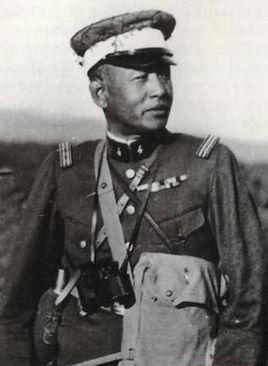
Ishihara Guaner







